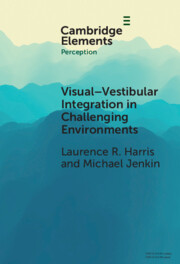1 results

Visual-vestibular Integration in Challenging Environments
-
- Published online:
- 09 December 2024
- Print publication:
- 30 January 2025
-
- Element
- Export citation

